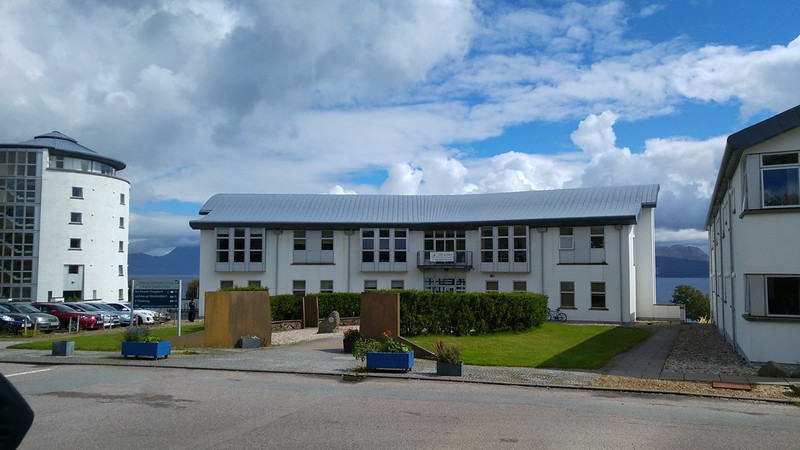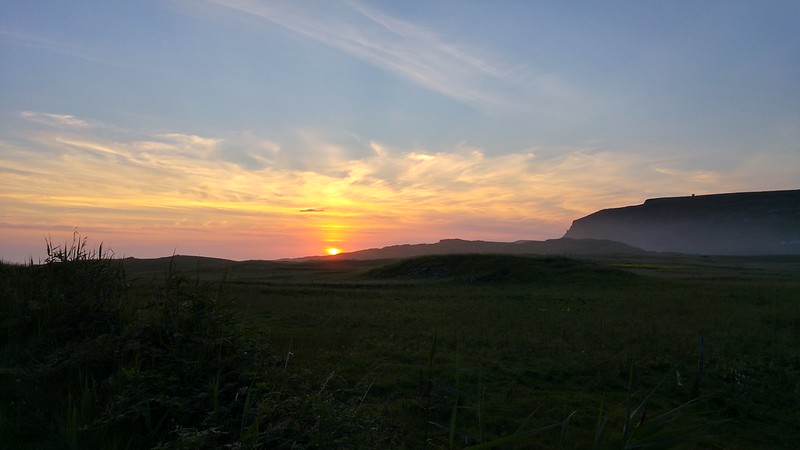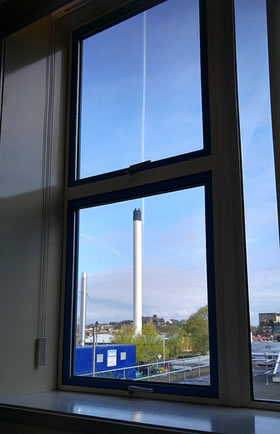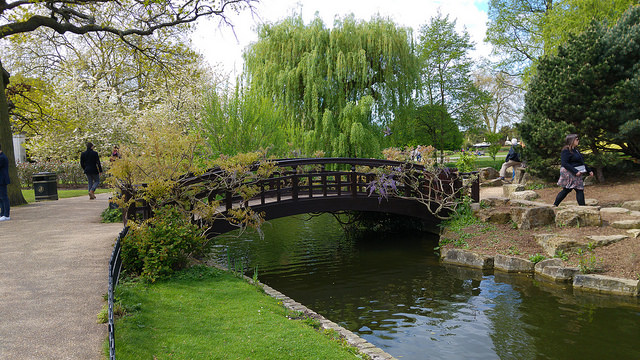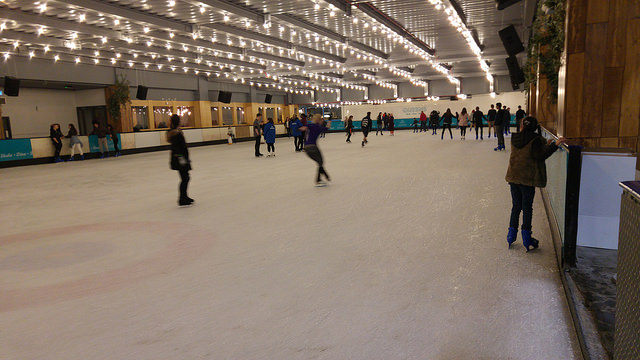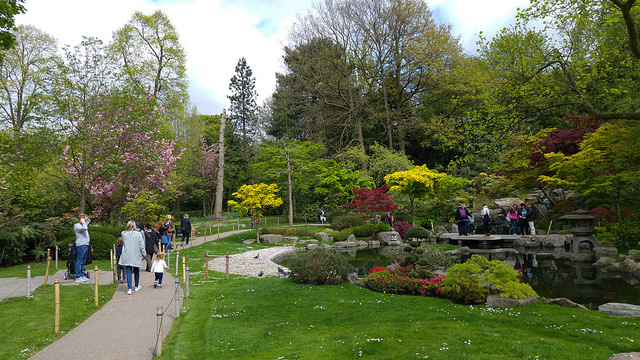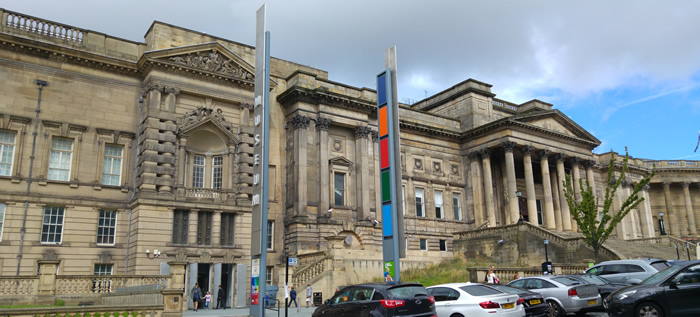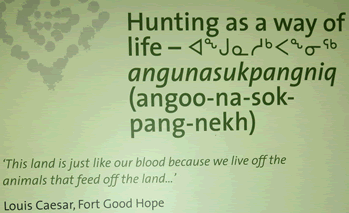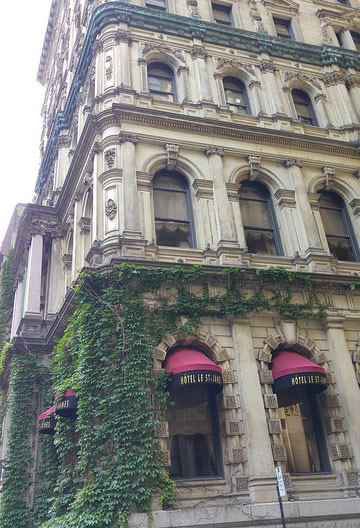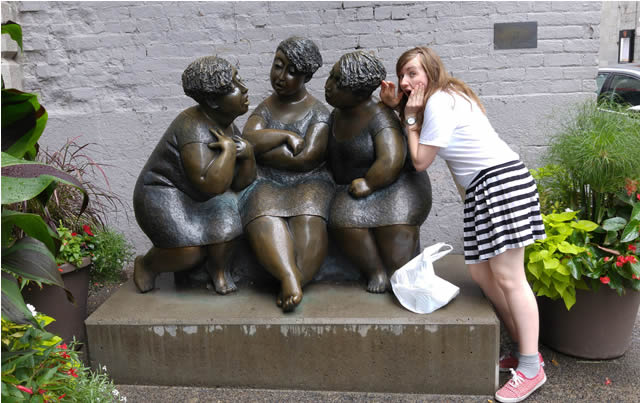I made it to Sabhal Mòr Ostaig last night. It started to rain very heavily as the ferry arrived in Armadale. Fortunately there was a bus to the college, but I got rather damp just walking from the ferry to the bus, and from the bus into the college.
So far on this journey I’ve heard quite a few different languages, including German, Lithuanian, Mandarin, French, Spanish and Dutch. I’ve had conversations in English, Scottish Gaelic and Irish, and spoken odd bits of Manx, Swedish, Russian and German.
My Scottish Gaelic is a bit rusty, but it’s coming back, and I fill in any gaps with Irish. On the way hear I listened to an audio book and some songs in Gaelic to tune my ears into the language.
